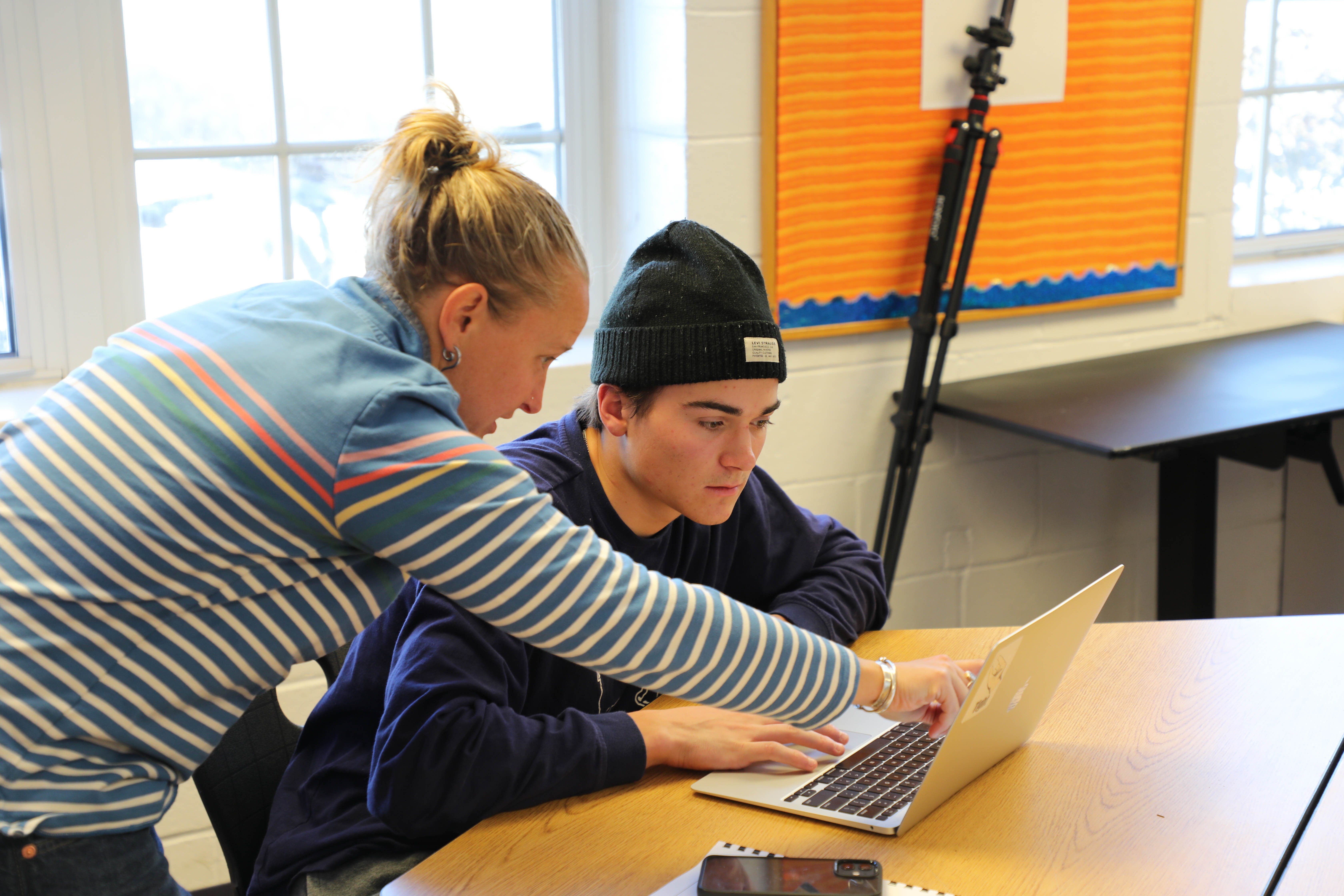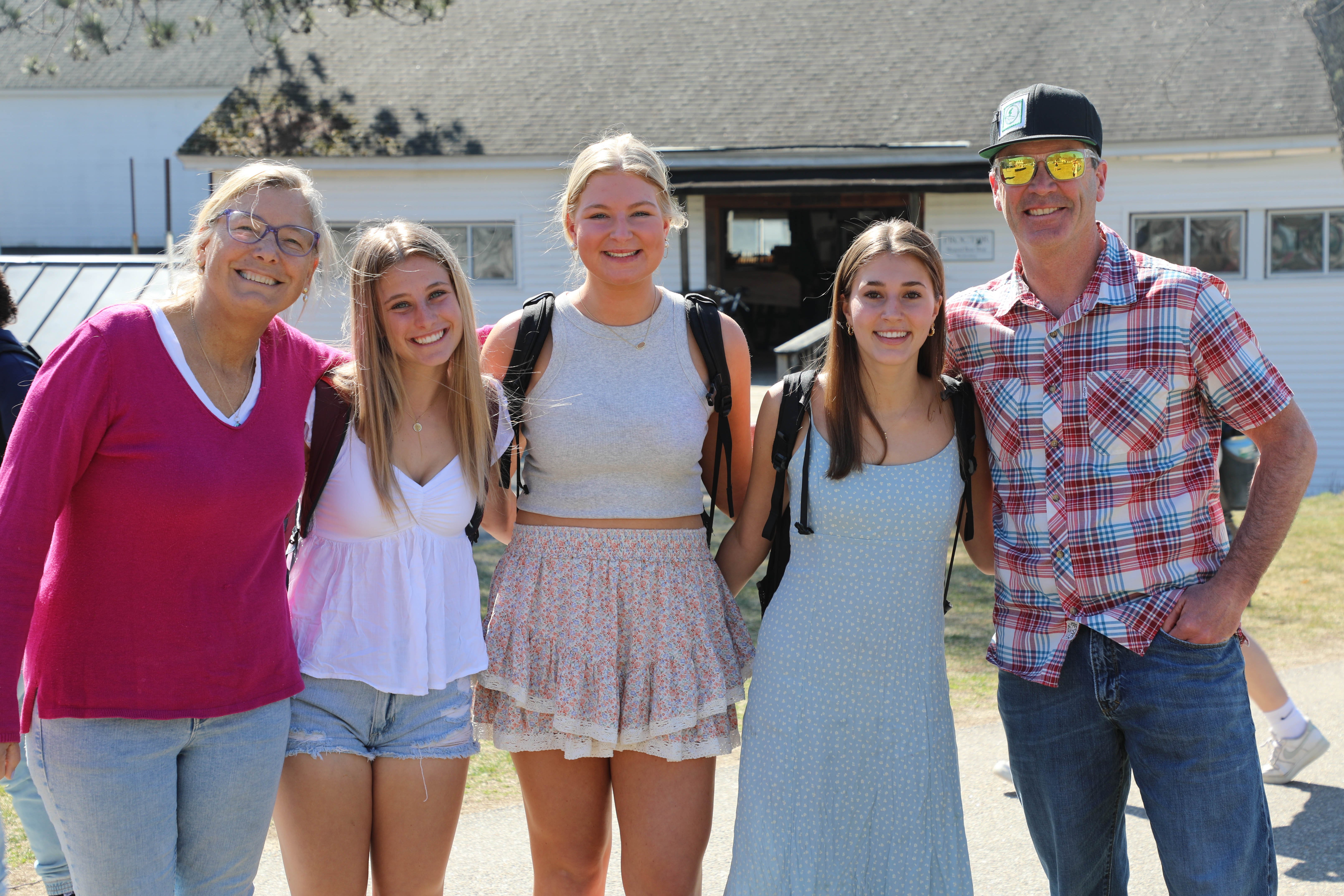Last Saturday’s 80 degree temperatures saw students flying frisbees on Carr Field and a steady stream of eager swimmers parading to the swinging bridge while Proctor’s baseball team earned an 11-1 win over New Hampton School. With a backdrop of a snow-covered Proctor Ski Area, watching these swimmers traipse to a frigid Blackwater River in mid-April reminded us that, just like the seasons in New England, life with adolescents is filled with apparent contradictions.

Each day, we wrestle with the dichotomies of raising young adults: our students are desperate for freedom, but thrive with structure. They want to be treated as adults, but have the decision making abilities of teenagers. They desire to be held to a high standard, but need scaffolded support to learn how to meet that bar. As parents and educators, we have to fight the tendency to smooth the path of our students because we are worried they might fail. We must trust that challenge, when combined with consistent feedback and support, yields powerful learning experiences for our students. We must continue to push them toward challenge because we know that is where growth and confidence blossom.

THIS recent article provides a valuable perspective on the role that challenge should play in the educational journey of adolescents. A group of faculty have been working throughout the year on a document that will articulate Proctor’s academic model on a single page.

The task is challenging not because we have uncertainty about our approach to teaching and learning, but because of the complexity of what Proctor seeks to do in its classrooms, integrated academic support program, and off-campus programs. Proctor’s educational model exists in this place of constantly seeking a sweet spot of accountability and trust, rigor and support, demanding expectations and honest feedback, resiliency-building experiences and adolescents still finding their confidence in themselves.

As we consider how to best create challenging learning experiences for our students within the context of Proctor’s educational model, we embrace what Stanford University psychology professor Carol Dweck says in the piece linked above, “The answer isn’t taking away challenge, it’s giving more tools to deal with challenge.” We cannot, and should not, prevent our students from encountering challenge, instead we must continue to use frameworks, feedback mechanisms, and the teaching of self-advocacy skills to help young people step into the learning opportunity before them. We see this happening both in our on-campus classes and through our off-campus programs. (Read this Mountain Classroom post as a perfect example!)

As advisors, teachers, coaches, and dorm parents, we are our students biggest cheerleaders and support system. At the same time, we are the ones who hold these same students accountable to high expectations in classrooms and within the community. From the outside, Proctor’s model can look a little like a group of students heading to swim in mid-April. From the inside, we see how this mix of rigor and support, accountability and feedback, freedom and structure allows students to grow into pretty awesome humans.








